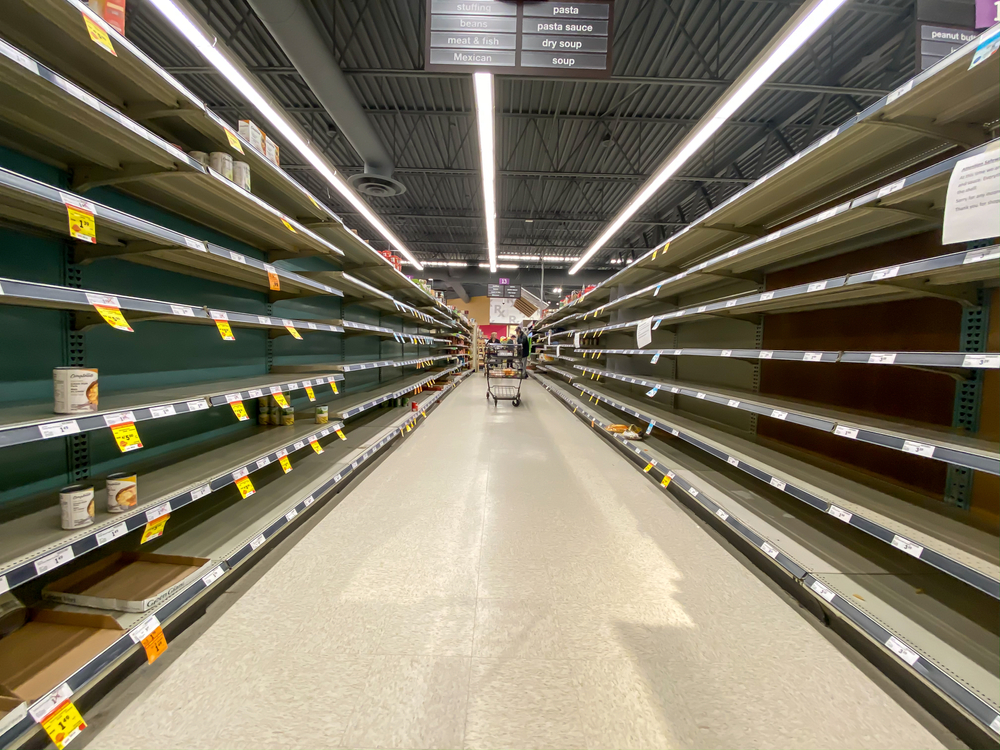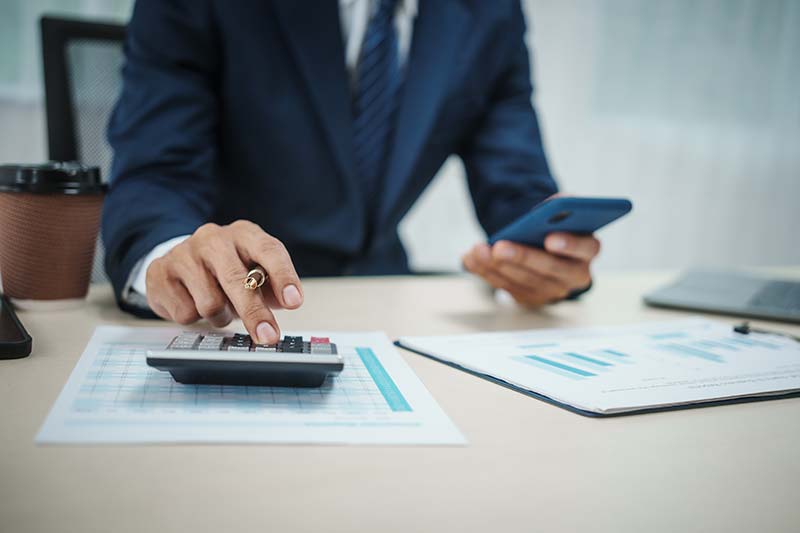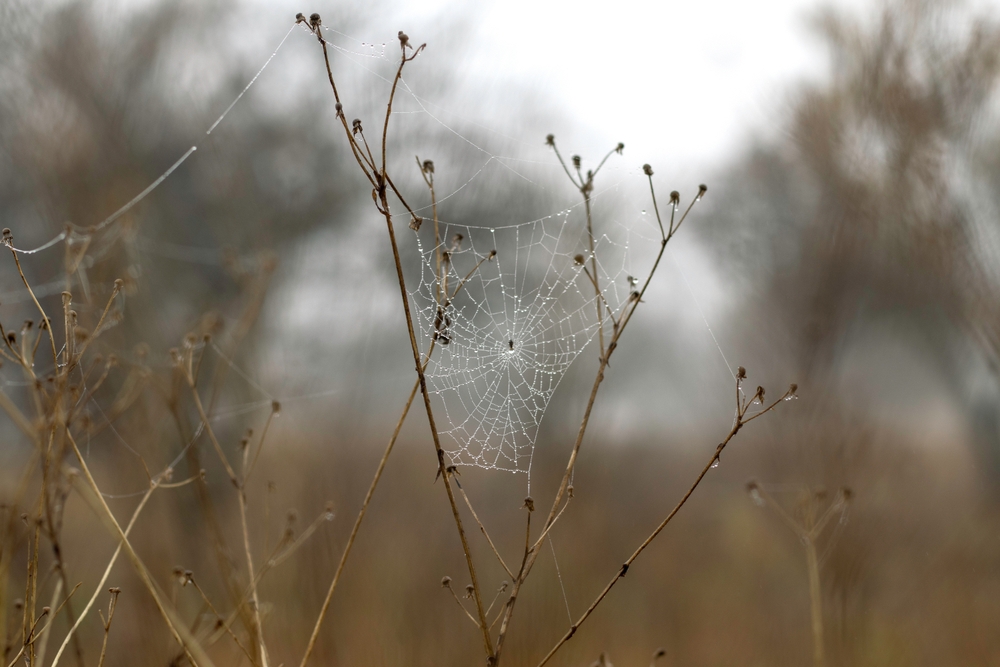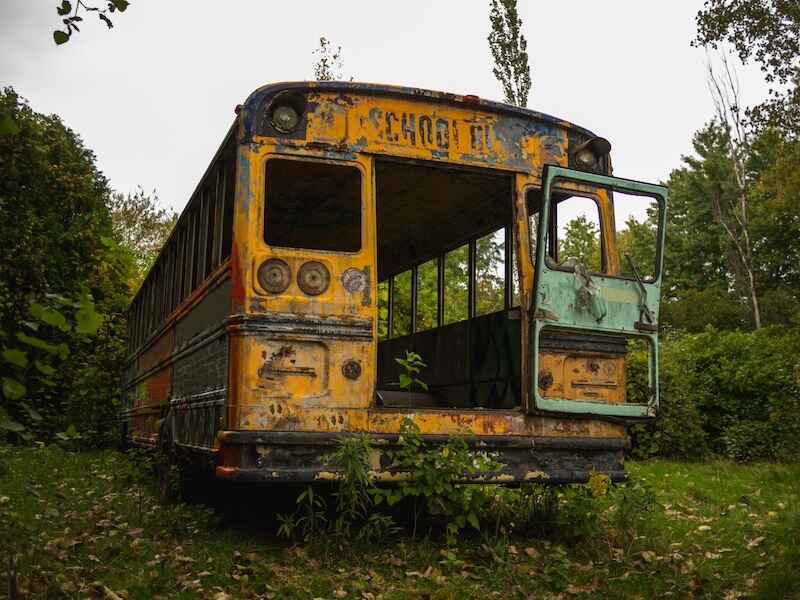Security in an Uncertain World
Joel Salatin|March 22, 2022

Note From Amanda: Exciting news! Next Monday, Manward will reveal its BIGGEST project yet. Access to what we are up to now will be extremely limited… so click here to save your spot and ensure you’re one of the first to get all the details.
And read on for Joel’s ideas about building wealth of another kind…
In the last 12 months, fertilizer prices have increased by anywhere from 200% to 400%, depending on formulation. All chemical fertilizers require lots of petroleum, whether directly or indirectly. And many fertilizers come from nations that are either hostile to the U.S. or trending that way.
From supply chain glitches to resource unavailability, mainstream food production in the U.S. is under siege. Every day we’re seeing new reports of troubles in the farm sector… and that usually means eventual troubles in the food sector.
Securing food, regardless of affordability, is something many Americans are thinking about for the first time.
The empty store shelves we saw in spring 2020 could have been considered a temporary glitch as the supply chain shifted overnight from accommodating dining out to accommodating dining in (which requires different kinds of packaging and distribution channels).
But the ongoing price hikes and supply chain issues present long-term concerns.
This leads me to ponder what the most secure food chain would look like. As a farmer and direct marketer (servicing our own farm production directly to consumers), I am thinking about not only our own production security but also the security of food we buy. We don’t grow everything we eat.
With that in mind, here is what our country should be doing – from producers to consumers – to have more food security.
1. Production based on biology, not mechanics. For nearly 200 years, mainstream agriculture has increasingly downplayed biology and played up nonliving things. Food is a living thing. It is not an inert, inanimate substance like nails or plastic or threads.
The industry today relies on nonliving things like chemical fertilizers rather than on living things like microbes. The further a farm moves away from living things, the more vulnerable it is to mining, distribution and resource disruptions. Soils alive with biological fertilizers don’t have to depend on inputs from around the world.
If your food comes from compost instead of chemicals, you’ll have a much more secure supply. I’m thankful that our farm buys no chemical- or petroleum-based fertilizers and is therefore immune to many shortages and price hikes. What a relief.
2. Less machinery and more nature. On our farm, we have 8 miles of buried water lines that bring gravity-pressure water from excavated high-terrain ponds to be used for livestock water and irrigation. No electricity… no pumps. We make hundreds of tons of compost not with expensive equipment but with pigs (we call them “pigaerators”).
These and other techniques enable us to produce more with less machinery. That reduces energy usage, depreciation, and, by extension, replacement costs and headaches.
3. Regional sourcing. We buy apple juice from a biological apple orchard about 80 miles away. And we buy a year’s supply at a time. That gives us not only a discount but also a stable supply. We know the farmer, and he knows us.
Likewise, we purchase grains for our omnivores from local farmers. We’re not tied in to Russia or Ukraine, both of which are major grain producers. We use a local non-GMO mill less than 20 miles away. We’re on a first-name basis and are their No. 1 customer.
Yes, commodity prices may go up. But what our local farmers do is not inherently tied to global availability or pricing. And they’re certainly closer.
We buy our milk from a raw milk dairy through a herd-share program. The dairy is about two miles away. We buy cheese from a local grass-based dairy located about 20 miles away. And we buy in bulk about every other month.
4. More self-sufficiency. This is the big one. While no person can be an island completely, you can certainly reduce your dependency by growing some of your own food and developing friendships with skilled people. Our acupuncturist takes meat in exchange for treatments. Creating a commerce system that doesn’t require money is a great way to build a universe outside modern mayhem.
Develop relationships with folks who know auto and appliance repair, plumbing, electrical work, herbal remedies, etc. Perhaps you can trade some computer knowledge or graphic arts work for their services. Bartering built commerce long before the dollar was invented. Can you trade yard work for rent? Anything you can do to reduce cash income requirements can reduce your dependency and your entanglement with the global machine.
Lots of food can be grown in tiny spaces. Use your roof, patio or southern exterior wall (hanging planting boxes on gutters work great) to grow things. They’ll be far more nutritious and offer emotional therapy in trying times. Anything to get out of the supermarket.
While this is not a comprehensive recipe, it offers some baby steps out of the insecurity that dominates our industrial food system. Start today and enjoy.

Joel Salatin
Joel Salatin calls himself a Christian libertarian environmentalist capitalist lunatic farmer. Others who like him call him the most famous farmer in the world, the high priest of the pasture, and the most eclectic thinker from Virginia since Thomas Jefferson. Those who don’t like him call him a bioterrorist, Typhoid Mary, a charlatan, and a starvation advocate. With a room full of debate trophies from high school and college days, 12 published books, and a thriving multigenerational family farm, he draws on a lifetime of food, farming and fantasy to entertain and inspire audiences around the world.



